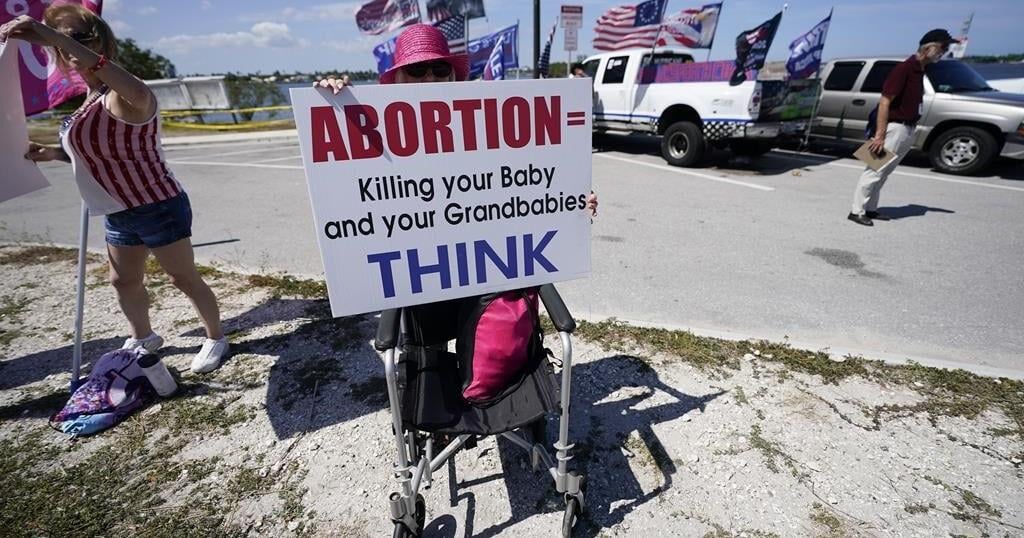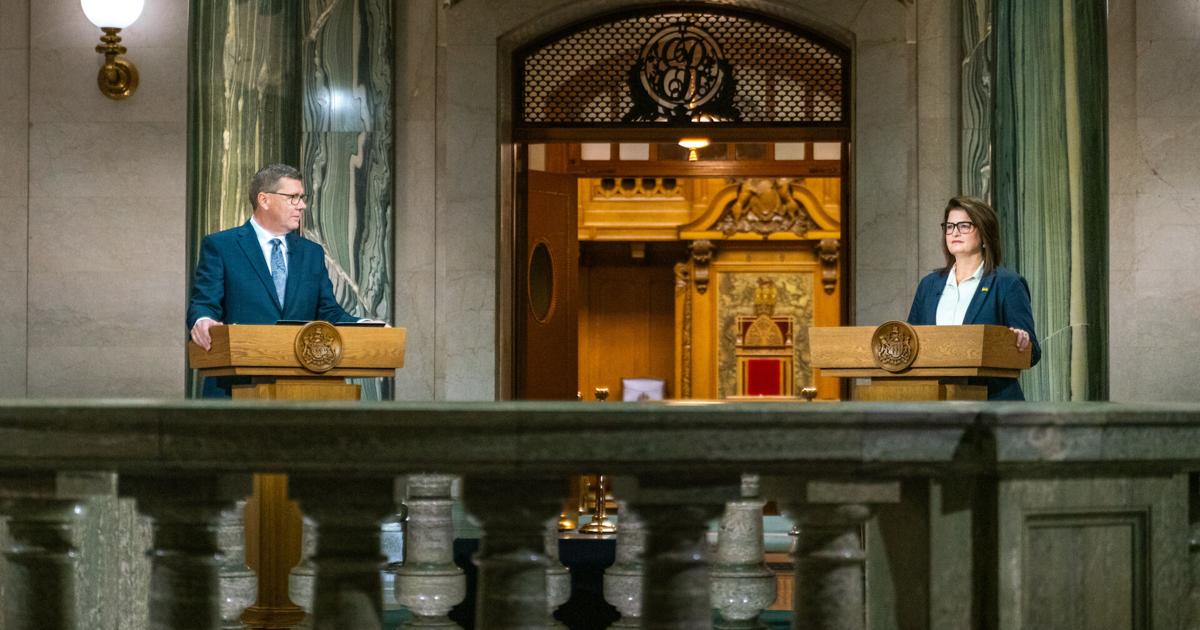It’s (Super) Tuesday, March 3. In today’s newsletter: Who will get the votes? More than 1,300 delegates are up for grabs today, as the first polls start to close. Plus: This Texas representative being primaried by the AOC left seems unfazed.
*
« TODAY IN POLITICS »
(Jonathan Ernst / Reuters)
It’s Super Tuesday, you might’ve heard.
Today might just be the most important day of the entire Democratic primary. Super Tuesday is when 14 states worth more than 1,300 delegates are up for grabs—a true treasure trove for the candidates, and a campaign boon that will help determine the rest of the race. While technically I’d say the five 2020 Democrats are still standing on top of the Hunger Games-esque ash heap of the first four early-voting states, all eyes focused on two candidates: Joe Biden and Bernie Sanders.
The contenders are both septuagenarian white guys, but that’s where the similarities end. How will the votes fall after tonight?
Bernie Sanders
Democrats, like the rest of the country, are split on most every dimension: race, gender, geography, class. But age might just be the biggest schism in the 2020 primary. Young voters are flocking to the oldest candidate and his calls for democratic socialism.
While “socialism” might have once viscerally conjured up images of bread lines and gulags for a certain population, younger voters see the term a whole lot differently. As my colleague Annie Lowrey writes, “one in five Millennials thinks the Communist Manifesto better “guarantees freedom and equality” than the Declaration of Independence.” Read her full argument here.
Sanders is also especially strong within the Latinx community—they powered him to a landslide victory in Nevada last month and could do so once again tonight in Texas and California. My colleague Christian Paz talked to Latino organizers in January and their outreach to the community, and they repeatedly mentioned Sanders’s campaign as the gold standard in the race.
Joe Biden
Biden’s campaign: Biden is back, baby! A few weeks ago, after finishing an embarrassing fifth place in New Hampshire, the campaign obituaries started to trickle in for the former vice president. Now his campaign has had a fresh start, as moderate Democrat after moderate Democrat gets behind him.
Will the last-minute endorsements from Harry Reid, as well as former rivals Pete Buttigieg, Amy Klobuchar, and even Beto O’Rourke, provide the election-night boost Biden is hoping for? The bloc of disproportionately college-educated white voters who’d lined up behind Buttigieg or Klobuchar could determine who ultimately wins the primary. And right now, Biden seems to have the upper hand.
—Saahil Desai
*
« SNAPSHOT »

(Brian Snyder / Reuters)
Elizabeth Warren exits a voting booth after filing out her own ballot on Super Tuesday in Cambridge, Massachusetts. Her fate will likely rest on how she performs tonight.
*
« ARGUMENT OF THE DAY »
/media/img/posts/2020/03/original-2/original.png)
(DAVID BECKER / REUTERS)
The “community spread” of COVID-19 cases in Washington and California suggests that the way the CDC was tracking and testing for coronavirus was flawed: while focusing on travelers, the virus may have been spreading in the United States for weeks, meaning the number of cases reported is too low, our science and technology writer Alexis Madrigal reports.
*
« EVENING READ »

(CALLAGHAN O’HARE / THE NEW YORK TIMES / REDUX)
The AOC Left vs. Henry Cuellar
Representative Henry Cuellar of Texas has held on to his conservative district in the Southwest since 2004; his pro-gun, pro-life reputation is a large part of his being the last Democrat of his kind in the House.
He faces his latest test today, when his primarily Latino constituents choose between him and a progressive challenger, Jessica Cisneros, who wields endorsements from the likes of Alexandria Ocasio-Cortez, Bernie Sanders, and Elizabeth Warren.
But Cuellar might not be sweating, Rachel Williams writes:
I did not expect him to talk much—he hasn’t given many interviews during the campaign. But he was eager to blast Cisneros and Justice Democrats, who have criticized him for his coziness with corporate PACs.
“Justice Socialist Democrats are a PAC also, but I guess their PAC is okay,” he said. “They try to say they’re so pure, but when you start looking at it, everything they do, they misinform in so many ways.”
Read the dispatch from Texas’s 28th congressional district here.
*
Today’s newsletter was written by Saahil Desai, an editor on the Politics desk, and Christian Paz, a Politics fellow. It was edited by Shan Wang, who oversees newsletters.
You can reply directly to this newsletter with questions or comments, or send a note to politicsdaily@theatlantic.com.
Your support makes our journalism possible. Subscribe here.
We want to hear what you think about this article. Submit a letter to the editor or write to letters@theatlantic.com.





































